Shivananda on Chess Part 1 - Improvements in The Chess World
BS Shivananda, respected and feared as a creative attacking player, has many facets to his personality. Strong player, coach, astute thinker,...the list goes on. After a motivational and heartwarming interview where he details his life in chess and outside it, we bring forth an illuminating 3-part series with Shivananda, this time about his views on chess. In Part 1, the Indian Fischer speaks about certain structural changes needed to make the chess world a better place, starting with measures to curb cheating in chess and going on to diverse topics like abolishing the K-40 rule, removing the FIDE Arena Titles, restructuring the World Championship, the importance of additional Random Chess events and much more.
If you haven't read it already:
B.S. Shivananda - The Indian Fischer Part I
B.S. Shivananda - The Indian Fischer Part II
Interview with IM B.S. Shivananda
Tanmay Srinath (TS): Now that we have covered your life over the board and off it, we will start with some general questions. Computer engine cheating in over the board chess events is a big problem these days. As a player whose career was badly affected by these incidents, I am sure you must have done your research about how they did it. How do they operate? How do we catch/stop these people?
B.S Shivananda (BSS) : Without any doubt, computer engine cheating in chess is happening quite frequently even now and it is harming hard working chess players. FIDE and AICF have to do more to stop these engine cheaters somehow.
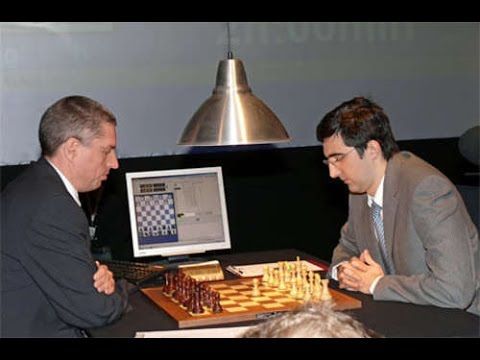
Let us see how engine cheating normally happens in chess:
1. In over the board chess, an engine cheater has to have a person to help him cheat, as he needs an accomplice to tell him what an engine is suggesting in that position, and that helper can be in the tournament hall or in a hotel room nearby or he may even stay in a distant place some 100-200 km away.
2. The game should be broadcasted live or the cheater can have one more person in the tournament hall who will relay the game somehow to the other accomplice, or the cheater himself can have a very sophisticated camera, like a button camera, hidden anywhere on his shirt. He can even have it in his goggles.
3. Then once the cheater’s friend finds the right move or variation using his engine sitting in any place, he will communicate the move back to the player in the following ways:
a. The engine cheater can have some invisible earphones in his ears, which is very cheaply available these days.
b. The player can have the vibrators on his body, near the shoe or the thigh, or sometimes even the hand in a full sleeve shirt. It will simply hit the body. If it hits once he moves a pawn, twice a knight and so on. They will have similar codes for which square a piece is to move.
c. Some sophisticated cheaters will go to some ENT surgeon and have a small operation to insert a small ear-piece into their inner ear, without affecting them, but to an outsider this is invisible. Using this earphone it is possible for them to receive moves easily. I myself observed a cheater who was doing this for a long time, and had a lot of pimples outside his ear for many months, probably due to the infection caused by this operation.
d. These cheaters also have this method of cheating sometimes – one of their toes will be on a mobile phone button. Then using a simple code of numbers they will transmit the moves and get the engine’s suggestions back.
4.Sometimes an engine cheater will have friends among the umpires (arbiters) or officials of the tournament, who have permission to move around easily.
This is how a chess engine cheater operates. A human being can’t beat a chess engine. A chess engine has many advantages over a human player – it has unlimited energy, zero emotion, nerves of steel, and absolute focus. Arguably the biggest advantage of a chess engine is that it is able to calculate accurately very long and difficult variations, and it never blunders. A number of engines also come loaded with built in opening books and endgame tablebases.
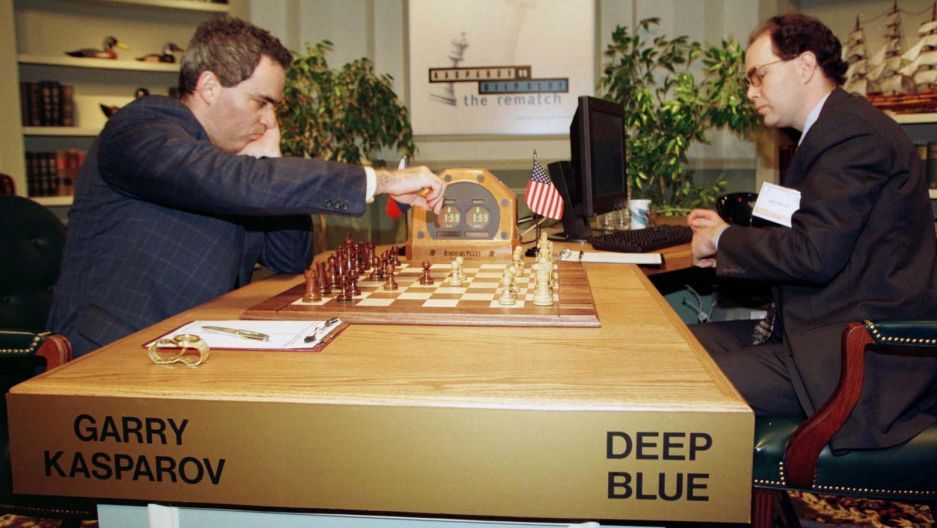
Just imagine a human being running a 1 km race against a super-car! The human has no chance whatsoever! Similar case here.

Some people may think engines play a little bit differently, so if someone uses an engine it should be easy to detect such a style of play once the game is over. But nowadays there are many engines which play in a human style and a player may use an engine for only some moves, while making the other moves on his own. Or he may just play the second or third choice of the engine so as to not arouse suspicion, which is enough to beat the strongest human players.
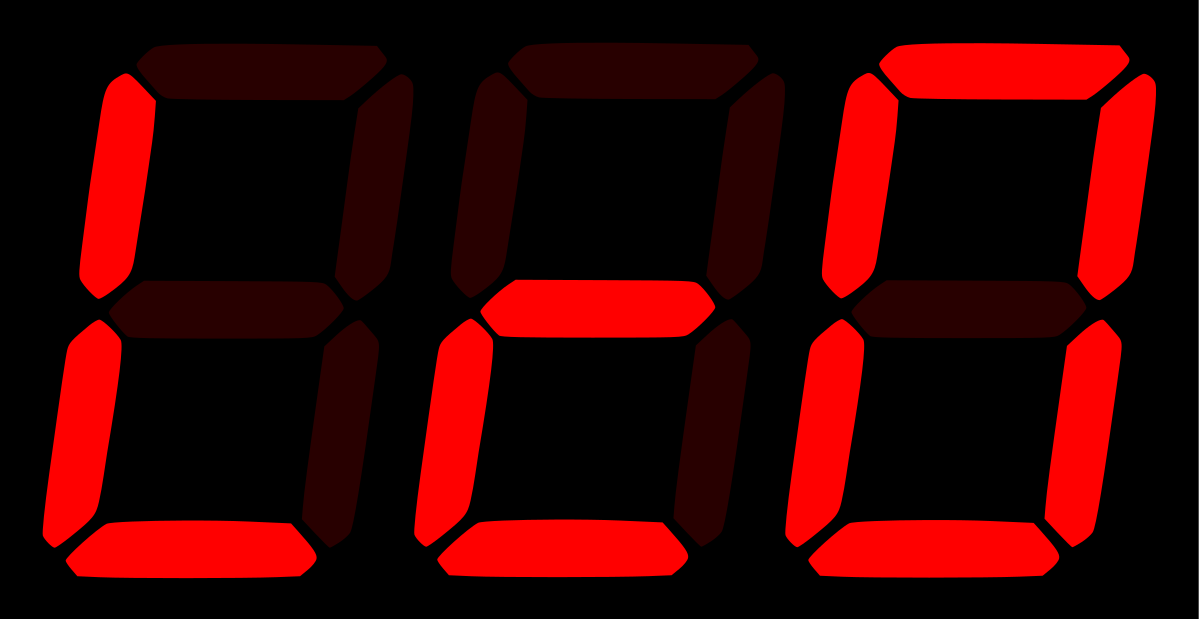
Some of the cheaters have a FIDE rating of 1900-2200, so they have an idea of how to play a simple good game, but if they combine engine cheating for some difficult moves, that too second choice ones, then it is impossible for any software or anyone to detect engine cheating.
Here we understand why giving 40 coefficient (where a player can gain upto 37 points per game) only for below 18 year old players can be misused, because if someone wants to cheat among these players, they will playing on the lower boards where there is little or no inspection, so they will be able to get many number of points in very few tournaments.
How to stop this? The best way is to install mobile network, internet and Bluetooth signal jammers. FIDE and AICF can purchase a few strong jammers, hire them to the tournament organisers, and thus completely prevent any signal from entering the tournament hall. This is the best way – no other things will work, because cheating has become too sophisticated. With so much money and prestige in chess nowadays, people without ethics will certainly use these cheating methods.
Since the organisers and journalists will need an internet connection for their work, they can hire a landline based internet connection (which allows connection only by cable) for the duration of the tournament and restrict access only to themselves. They can get as many as 8 connections with just two landlines and two modems for affordable rates, while also having 3-4 landline phones to contact other personnel. This will ensure they get their work done while ensuring fair play in the tournament.
The organisers should take one more important measure. They should hire one or two qualified and honest ENT specialists (two is better because one might end up compromising with the cheaters!) with a lot of integrity. These specialists should be present all the time during a tournament game. They should be allowed to check anyone at any given point of time, and can be hired on a contractual basis to go to different tournaments. This way cheating can almost fully be eradicated.
An additional way to deter future cheats is by imposing a large ban of at least 5 years on the proven cheaters and also impose a hefty financial penalty on them. If someone has an alternative occupation they may decide on computer cheating and are fine with not playing chess if they are only banned, as long as they have made money. However, the big fine imposed after a cheater is caught will prevent these people from cheating.
I would like to state that one should only suspect a player of cheating if there is some proper evidence (direct and circumstantial) against him/her. Simply calling some great chess talent who has worked hard and improved in quick time a cheat will only be detrimental to that player and the game. However, since in many previous cases suspected cheaters were found to be actually cheating later, but got off because of support of officials or lack of effort from the other players, it makes sense to secretly observe those people and follow their games, if possible taking taking the help of law enforcement authorities, who will wiretap them, while checking their bank balances.
TS: Let us now come to a very important question – the K Factor that determines the rating gain or loss a player makes. Do you think the current K-40 rule (which means a person can gain upto 37 points per game), applicable only for under 18 years players is correct, even if they beat a lower rated player (say 1800)? Is it not unfair to players over the age of 18 who can gain a maximum of only 18 points even if they beat the world champion, just because they are adults?
BSS: Yes, this rule is absolutely unjustified. For the sake of information, a new player who gets rating will have K-40 for the first 30 games, which may get over in 2-3 months. But afterwards, only below 18 year old players will continue to have this benefit, while the rest will have their K-factor reduced to 20, which is really unfair for many reasons.
The idea behind this was to support the juniors, who may take time to increase rating, and attract young children to chess. But so many 18+ year old players are entering professional chess after they finish basic education. Don’t they need encouragement as well? So this rule is total biased against these players and all other existing above 18 year old players.
This is a scam that was done deliberately by a few former FIDE officials who wanted to enhance the ratings of their children. Some of these top officials are weak players, but wanted to be coaches. They wanted their students to be as highly rated as possible so as to increase their coaching business. Their reason is that a player might quit chess because of a lack of rating gain, giving them unjust and inflated ratings is also wrong! Any strong player will improve his rating by anything if he is really strong!
Let us take the example of one of my students. He went to 2100 rating without using this rule (because at that time this K-40 rule was not present), and only after did he use it to jump from 2100 to 2400 and beyond. So it is not that K-40 is required for people to increase their rating!
Problem is that this rule is being misused by the parents of these young kids. While the kids are innocent, their parents are far more scheming than you can imagine. Today a below 18 year old with a rating of 1800 can easily jump 400 points in a single month! He/ she may fix a game here and there – who knows? This is perfectly possible! If money is involved people do all sorts of crazy things. He may also get coaching from a high class grandmaster and make a sudden jump, then use it to get all sorts of reward from Government and Private sports bodies.
Let us take one example. Suppose one 1800 player reaches 2200 by hook or crook. He is unable to maintain that rating and comes back down, but in all important documentation he will list himself as a 2200 player. This does not matter at the international level, but at a national or a state level this makes a lot of difference, and is a valued rating. He/she will use this unfairly to get many rewards that stronger, more talented but slightly older players deserve.
It happened 2-3 times in front of my own eyes during my professional career. Two of my own students(!) used this to get the prestigious Ekalavya Award, the highest level of award that any Karnataka sports person can receive. This award also had a cash reward of 2 lakh rupees, along with many other important benefits. This student of mine bribed a government official to the tune of Rs.30000, just to buy this award, after using this K40 Rule to increase his rating quickly. It should also be mentioned that my achievements far surpassed his – title, tournament wins etc. While all my achievements were in the Open Section, which is much stronger, his achievements were in the Under 18 years category, which is at least 2 times weaker than the Open Section.
Also, this rule is very unfair to people over the age of 18 or people who started chess late, who have the same 2200 rating. Let us not think about me – my chess life is half done, and I know how to take care of myself. Here really talented players are suffering because they can’t increase their rating to the level of these under 18 years players, because of this rule.
The story goes somewhat like this. A player goes to a foreign chess circuit and increases a lot of points. He comes back and becomes one of the top rated players in the state, while in reality his strength is not even in the top 30! In another such instance, a player managed to become an IM by reaching 2400 using the K-40 rule (his 3 IM norms were also doubtful), while his strength was far weaker.
But the cunning parent of one of these players goes to the respective state official, shows this record and says my son is the higher rated player, and instead of giving this monetary benefit and awards to players who are far more consistent, stronger, and deserving, it goes to this player.
In another such instance, one more player got 35 lakh rupees from the State government for 1 year – can you believe this? I know many such instances, but this is just one example. So this can be done to get money basically. Some of these sports officials neither have any idea about chess nor are they interested in it – they just want to show it as proof of support if someone comes and asks them. So what if a really deserving player misses out because of this? What is very strange is despite this happening in every country no one is listening to people who question such rules!
A new FIDE governing body has come up recently, and they should set this right. Why should anyone suffer this injustice just because they are a few years older?
I have seen cases where talented players leave chess at the age of 20 because of this rule. Undeserving players getting 400 points more is pure injustice. Only chess will suffer, and people will lose interest in the game.This rule has to go now. Even if k-40 is maintained, why should it be limited to players under 18 years? I am myself a late starter, and starting late should not deny you equal opportunity. So my suggestion is to either abolish K-40 totally or make it uniform upto a certain rating slab irrespective of age.
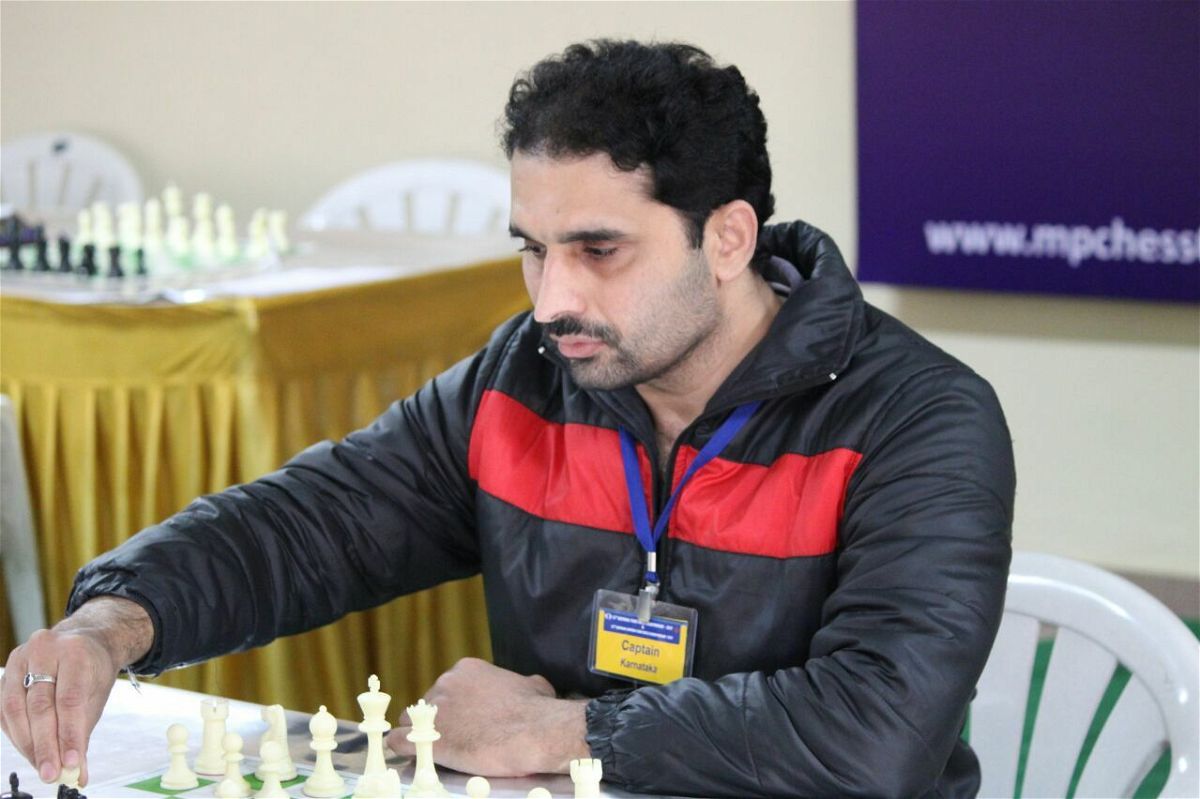
They should have done this – instead of age why not keep rating slabs? Keep K-40 till 1800, then 30 till 2200, then 20 till 2400, and then 10 throughout. They could have also given slabs based on number of games. Why restrict K-40 to age? Due to this K-40 very ordinary under 18 years players are becoming 2200-2300, and are grabbing a lot of monetary support from Governments and sponsors, whereas authentic 2300 strength players are missing out. A player who has reached 2200 by K40 is really not that strong – I have seen many such instances where they are more than 400 points weaker!
They reach there because of one good tournament, and get rewards at the cost of harder working players who are actually 2000 strength! This is total injustice. Whatever has happened has happened, but since it was done for children I won’t criticise too much. But their parents and coaches are taking undue advantage of this rule. Let us not forget that the quality of chess also drops if overrated players are large in number. Thus it’s time to stop this.
TS: As a highly qualified over the board player, what is your opinion about these Online FIDE Arena titles that even a beginner can easily get? Do they do justice to the hard work that an over the board player, that too at least 2200 elo, puts in to get his titles?
BSS: Other than World Champion, there are 4 main titles for men and another 4 for women, which can be got by certain high results in international tournaments. In Open Class of chess tournaments (for both men and women) they are Grandmaster (GM, 2500 rating + 3 GM Norms), International Master (IM, 2400 rating + 3 IM norms), FIDE master (FM, 2300 rating) and Candidate Master (CM, 2200 rating). Similarly in women-only chess there are the titles of Woman GM (2300 rating, 3 WGM norms), Woman IM (2200 rating, 3 WIM norms), Woman Fide Master(2100 rating) and Woman CM(2000 rating).
Seeing some private online websites getting a lot of response, and making a lot of profit by offering 24/7 playing conditions, FIDE (World Chess Association) also started offering its own online playing interface/app. This is perfectly ok. But to attract more people or maybe to help some insiders, they ridiculously started offering online titles!
In online play engine cheating is very easy – even a small child can do it! There is also a possibility that a stronger player or a coach can play on the behalf of the weaker player. So online play or tournaments are basically only for match practice.In spite of knowing these things, for strange reasons they started offering online titles AGM (Arena Grand Master), AIM, AFM and ACM. Even with an online rating of 1400, which even a beginner can get, you can obtain these fake titles.
It is not correct that chessresults.com, which is a private website used for pairing players in over the board tournaments across the globe, started identifying people with these fake titles. Some of these fake title holders misuse this in various forms. So this is clearly a scam, because an online rating of 1400 can be achieved by an absolute beginner in a few hours!
For a real over the board title, a person needs 5-10 years of serious hard work, effort and high end talent at the international level in order to achieve it. He or she has to play in a lot of real international tournaments, stay consistent, and have a minimum classical rating of 2200 points. But in online chess that is not the case. One can sit at the comfort of home, use suggestions of engines or his/her coach or maybe even get his/her siblings or parents to play those games! These fake online titles demean achievements of over the board players. With a new FIDE body that has come up recently, it is time to remove these fake titles.
TS: What is the major change in the game today compared to when you started, say around 20000?
BSS : The major change in the last 10-20 years has been the evolving nature of the openings. Previously, when I started chess, there was around 10-15 moves of theory in a given opening, and players could show their creativity early in the game. However, these days one needs to know around 20 moves of theory in every variation. Otherwise, a well prepared youngster can outplay you in the opening itself, just by mugging up 20 moves of theory.
TS: Has the general level of preparation of chess elite has gone up? In the 80s and 90s you had only Kasparov, who showed deep idea after deep idea. But in the 2000s we seem to have had a lot of revolutions – Kramnik with his Berlin Wall, Anand with his Semi Slav. So are today’s GMs better prepared than their counterparts from 20 years ago?
BSS: Nowadays chess is a much more popular game, majorly due to the advent of the Internet, which allows everyone to access information that was previously available only to a select few. Also, because of the internet revolution, any person can play with anyone else across the globe 24/7, thanks to a lot of chess websites. Many educational schools all over the world have also recognised the potential of chess in helping students think logically, while entertaining them at the same time.
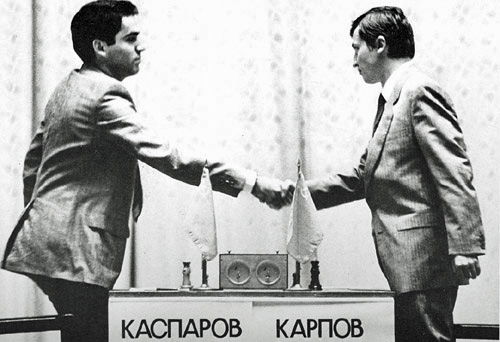
Thus, the number of chess players and tournaments have increased substantially, both over the board and online, so naturally with a high level of competition chess has become much more preparation oriented. Thus, today one has to know substantial amount of openings and key endgame schemes if he or she wants to succeed. Thus, I think the general level has gone up.
TS: Do you think there should be any change with regards to time control, considering the view points of both the chess purist who wants long games and the spectator who wants excitement in quick games?
BSS: All three time controls – classical (long games), rapid(around 30 mins per player) and blitz(around 5 minutes per player), should continue to exist. The current system of having a World Champion for these 3 time controls seems correct to me.
TS: Do you think the title of the World Classical Champion should be decided by how well he plays the rapid and blitz tiebreakers? In the last two World Championships Magnus has only been able to win because of his strength in faster time controls, not because he is superior to his opponents in the classical time controls. What is your take on this?
BSS: A strong chess player should excel in all three phases of the game. I think we can’t have too many games in the World Championship, but 16 games seems correct to me – 12 is too less to have a decisive result. This is because if you lose one game in a 12 game match it is difficult to come back at that level, and if you lose two then the match is almost over.When you have a 16 game match, there is a higher chance of the players playing fighting chess and producing decisive results. But even then, if the match ends in a tie, it is best to decide the title by a rapid and blitz tiebreaker.
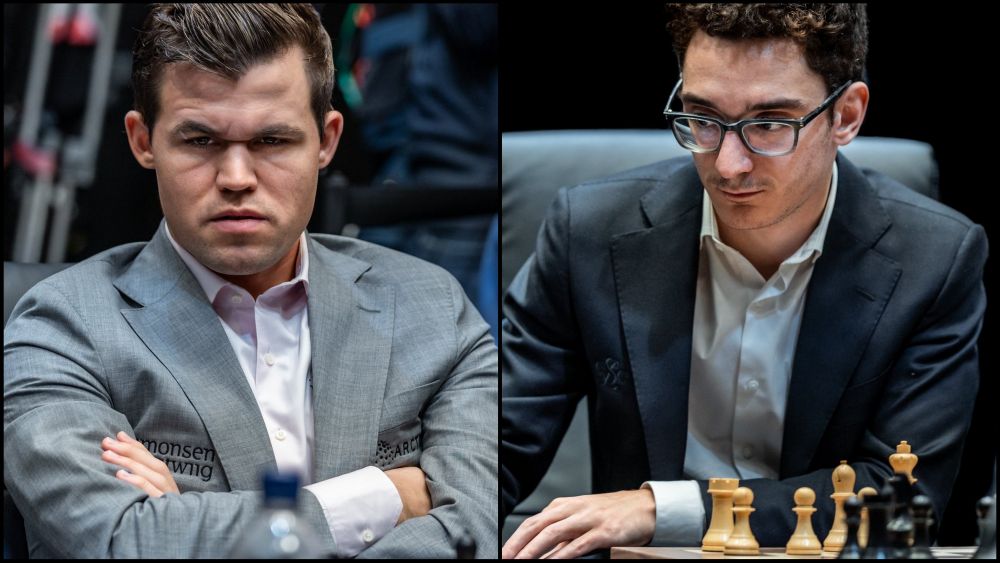
If you try to have a 20-30 game match, it will be difficult to organise because of the extra cost of around 10-15 crores, other than a normal 35 crore budget to organise the event, and the increased time duration, compared to a 16 game match, which will finish in around 4 weeks. Thus I think this format of tiebreakers and a 16 game match should be the norm.
TS: Why is it that the top players in the world refuse to give up space when they play the opening phase of the game? They go for symmetry, and try to play as safely as possible. Why isn’t the King’s Indian or the Benoni as common as the Slav or QGD, and similarly why isn’t the French as common as 1.e4 e5?
BSS: What’s happening is that at the very top to get an invitation to an event, one should have a very high rating. Also, the selection process is highly undemocratic – a person might be chosen if he is from a particular country, or if he is close to the organiser and so on and so forth. So since such a system is present, the top want to maintain their rating at any cost, because they are afraid the invitations will stop coming if they lose some of their rating. That is why they don’t want to take risks, and play good gambit lines, because a loss according to them will prove very costly. That is why they want to play with a draw in hand, so that the rating won’t be lost as much.
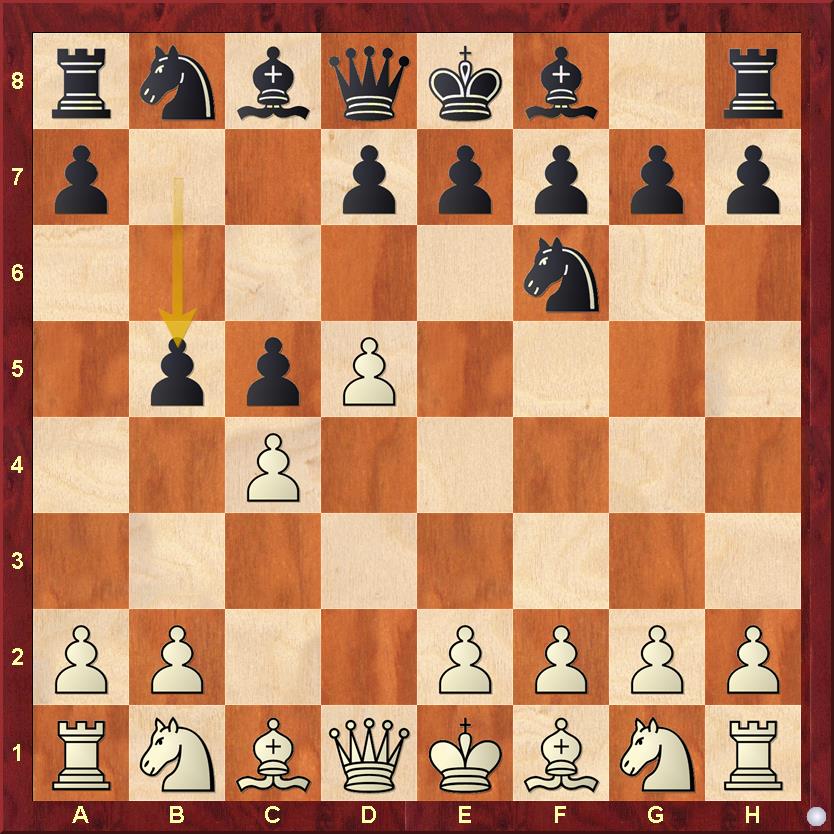
I think this is the reason why such lines are not played at the top. There are a number of good gambit lines as well, which are perfectly playable. There are lines like the Grunfeld that are played quite regularly, maybe not as frequently as QGD, because it needs a lot of energy and a strong heart and mind.Also, the sad part is that the audience is accepting the draw without questions. So some chess players have become lazy, and don’t want to take too much risk. Stability has become their bane rather than boon!
TS: One additional thing I have noticed is that with regards to these fianchetto Defenses like KID, Benoni and Grunfeld, at the top White seems to win a lot more games than Black. For example MVL lost quite a few Grunfeld games recently. Why is this the case?
BSS: There can be a number of reasons. He might be underprepared. The opening might not suit his style. The opponents might have come with a specific line prepared deeply that he ends up falling into, because he hasn’t found an antidote yet. Also, we should take a lot more games, maybe from the last 3 years, to come to a conclusion.
The Grunfeld as far as I know has scored pretty decently. Maybe Black doesn’t win as much because White can play listlessly and be prepared to draw at any moment. But when White plays for the win Black certainly has his chances. So more than a theoretical problem there are practical reasons why the Grunfeld doesn’t score too many wins.
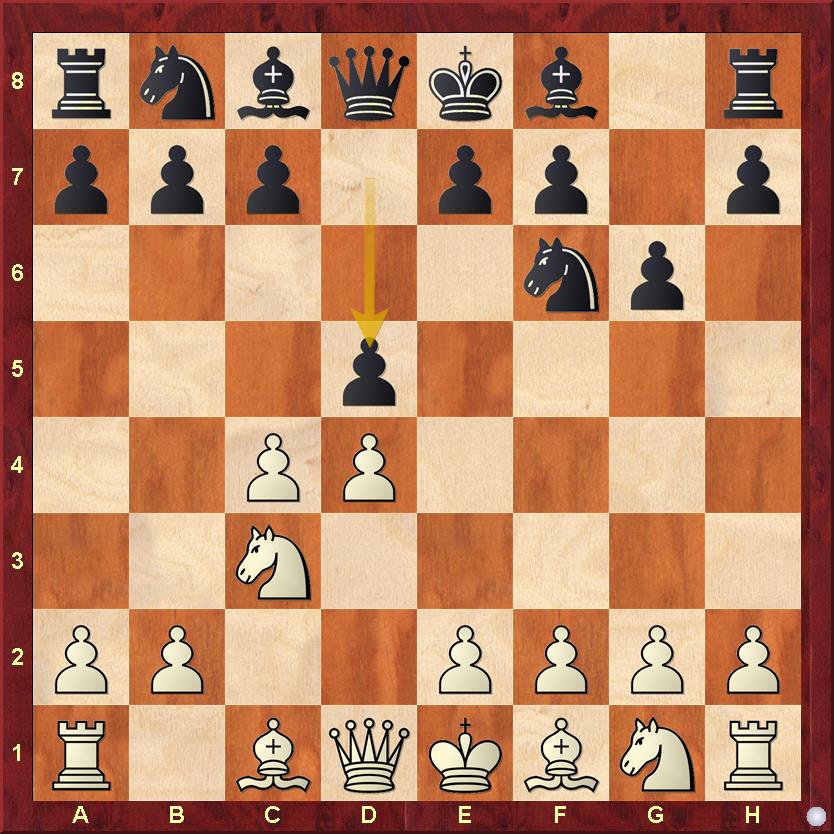
TS: Why are there so many draws at the top level? I have asked this question to many IMs and GMs and none of them seem to provide a convincing answer!
BSS: Chess is mathematically a drawish game if played very accurately. If both the players play the best possible moves the game must end up in a draw – this is because of equal opportunity for both White and Black.
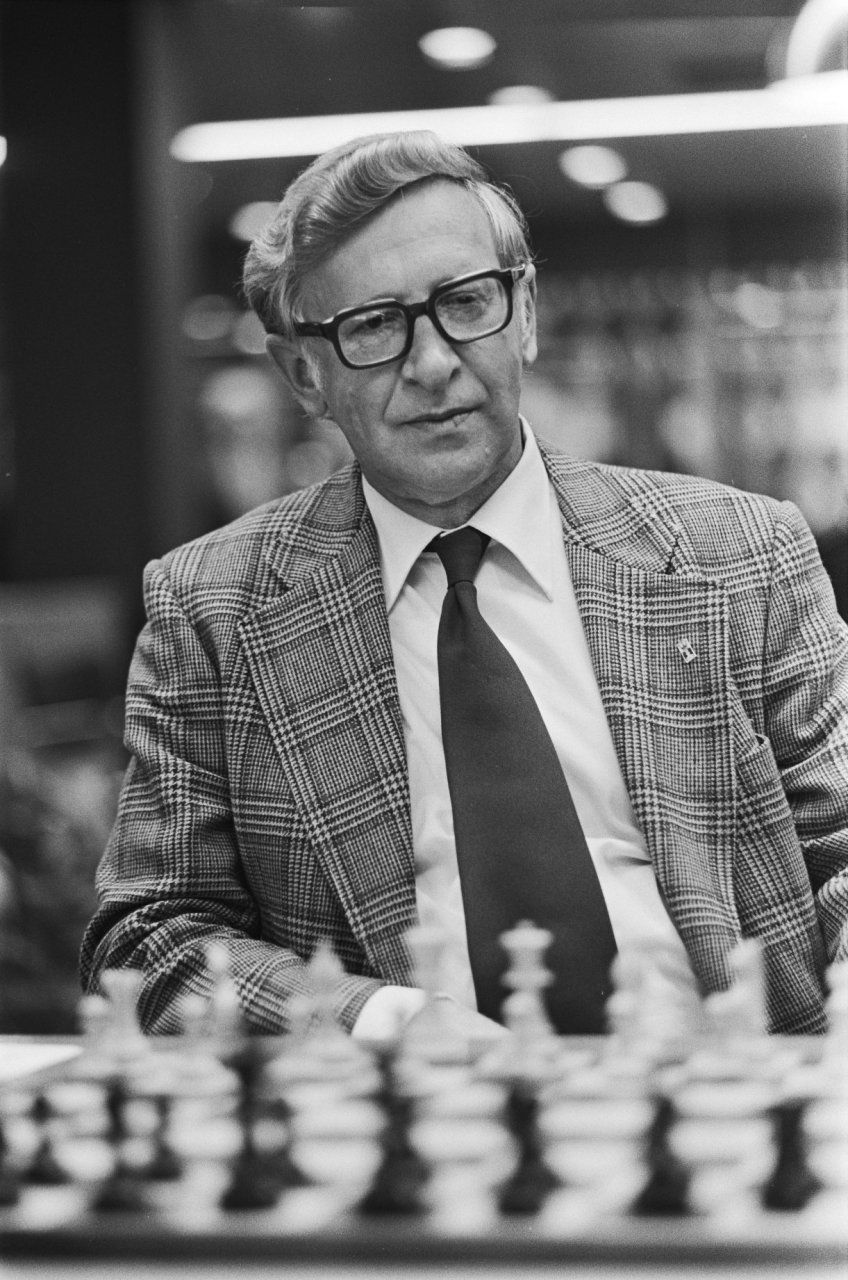
Secondly, if both the players don’t want to take risks, they may not play the best moves, but the game will still end up in a draw! If both of them decide not to try to win then what else can happen? So when they don’t want to take risks the draw rate increases manifold because that is the nature of the game itself. In the top level chess, there are very few blunders. Unless there is a pressure from the opponent, they won’t make a mistake. So where is the scope to win in such situations? This problem is arising because there is no democratic system in selection of players to top level events. The same old unproven methods like highest rating are being used for selecting the players, so the same set of players are getting selected again and again, despite their real strength being lower!
Some of these 2750 players would either like to keep their rating or drop only 5 points, not risk dropping 50 points. I am pretty sure that if these players play in good Open tournaments they can’t beat a 2650 GM so easily – in fact I doubt they can win such events with a big enough margin to justify their rating superiority. This is happening because people adapt to the situations. We can’t blame the players here – they are only adhering to the rules of the competition and they want to make a premium living, so they want to stay in a higher level of rating. One should instead blame the method of selection of players for such events, which is based on oldest possible data. A democratic system of play of including GMs and IMs into super tournaments will remove this problem once and for all.
TS: Isn’t the same undemocratic system present in the Indian National Team selection as well? Only a select few (5-6 per year) get to represent the nation officially at the senior level, that too most of the times the same players, while the others are forced to sit out!
BSS: Yes, I was coming to this. Let us take the Indian Team Selection as an example of undemocratic selection.
The Current National Champion, even if he is extremely talented, will get No.6 or second reserve place in the team. The rest of the spots are decided by rating. I respect all the top players of India – it is not their fault, but that of the system. At least 3 or 4 slots out of the 6 slots should be given on present performance, and the remaining 2 or 3 on older statistical data. But currently only one spot is given based on the merit of recent performances, and that player won’t even play a game in the Olympiad or World Teams! If this system is retained a few players would have figured out a way to maintain their spots in the team – just keep taking draws and their rating won’t go down so they have a good chance of sealing their spot.This undemocratic system of selecting players based only on old statistical data like rating should be removed.
TS: So how should players be selected? Let’s take international super tournaments first.
BSS: Let’s suppose that 10 players should be invited. Then only 5 players should be selected based on their rating. The remaining 5 players should come out of qualification. Let the organisers determine two or three qualification tournaments some months in advance, and let them invite the players based on their performance in those events.
TS: So looking at it this way, even the wild card rule for the Candidates should be abolished? Should FIDE give other privileges to the organisers?
BSS: That rule is absolutely incorrect! You are giving a wild card for such a high level tournament, where the future world championship challenger is selected, and potentially a world champion is born. That way any rich player with connections to the government can play in the Candidates. A very ordinary player with good financial and government backing will take a superior player’s place for no fault of the latter. The money spent on buying his candidates ticket will be recovered by coaching or writing books, with his bought qualifications. Is this fair? This will only result in corruption.
This is why you should not give a free slot for a super elite 8 player event which decides chess history! If it is a 128 player event then giving 3 or 4 wild cards are not wrong, like in tennis slams for example. But in an 8 player field giving a wild card is foolish and absolutely unjustified. In the World Cup let them give wildcards – it is a 128 player event so it won’t affect any other player significantly. But for the Candidates people work insanely hard to get in, and if one guy gets in for free isn’t it absolutely scandalous?
TS: So you agree with the rest of the selection procedure?
BSS: Well there are a lot of things I don’t agree with. Why do you call a qualification event as a World Cup? For an outsider with zero knowledge about chess, which may include high end sponsors, this title is misleading! One person will call himself current World Cup Champion, the other will call himself the World Champion. People like us who are in chess will understand that the World Champion is the current chess king, but what about the layman? Does this make any sense? In such a scenario, where 99 percent of the world population doesn’t play professional chess, how will they understand and support the game? How will we get sponsorship?
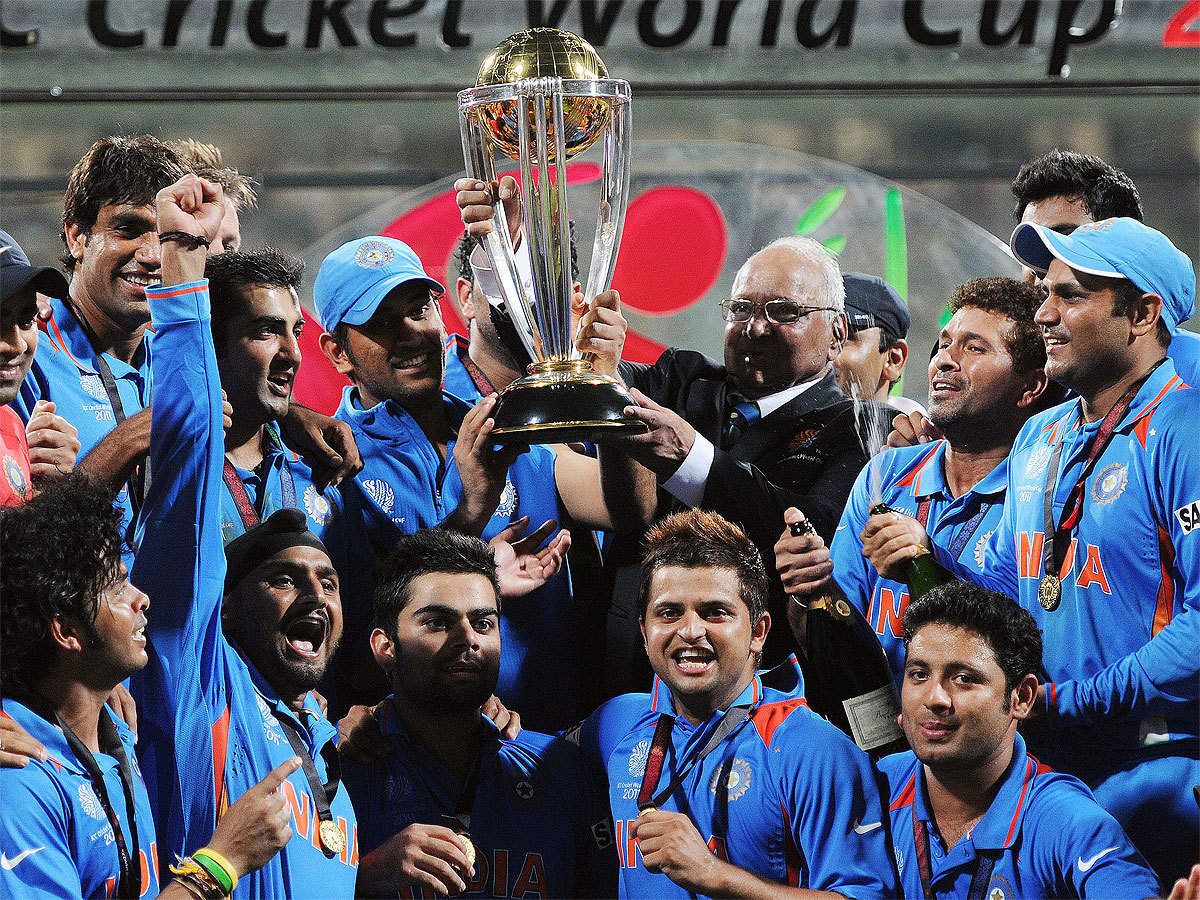
So first make things clean and clear. You can’t call the winner of a qualifier as a World Cup Champion – this is misleading and completely incorrect. So keep this World Championship as an absolute title and remove this unfair World Cup title from the qualification knockout event. Basically the titles of these qualifying events need to be changed. Also, what is this Candidates thing? The name doesn’t suit such a top class event. Call the Candidates tournament as some Super Grand Prix – doesn’t this make more impact? The reason I want changes like simple standard rules for all the events and easily understandable nomenclature for tournaments to occur is because I would like to bring in more sponsors to chess. This way the game will benefit and grow faster.
TS: So how would you think the qualification process for the World Chess Championship to be?
BSS: The qualification system needs to be like this. Make 4 Grand Prix events, just like the Grand Slams in Tennis. Since there will be 4 tournaments there will a chance for players to come back. Just like they have in tennis, top 3 players in each of the 4 tournaments should be selected for a final qualification event. 4 players should directly qualify into a World Championship, and the current World Champion should be one of the 4. You can’t have one person sitting at the top being sent straight into the final – this will make the system slow and give the current World Champion too many privileges. These 4 people including the World Champion should play a pre-quarterfinals with the 12 qualifiers from the Grand Prix, in a 6 game match with tiebreakers. The quarter-final match should be an 8 game match with tiebreakers, and similarly a semifinal match should have 12 games with tiebreakers.
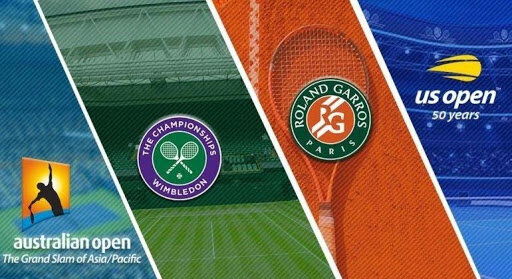
The World
Championship Final match should be a 16 game match. 12 is too less and unfair –
then people won’t take risks because the length of a match is too short to
mount a comeback. The games will be boring and devoid of chess development. So
make it a 16 game match, and start the World Championship from the last-16 – if
one is directly seeded into the finals it is like a king being seated on a
throne because of his father’s good work – totally undemocratic! This way chess
will become more popular because the way you determine a World Champion is
crystal clear! I want it this way because for a layman this is easier to
understand. This way more sponsorship will come into the game. As of now they
are simply following tradition rather than trying to find the correct
procedure, which is incorrect.
TS: So how does one organise these Grand Prix events?
BSS: Firstly, a country should be allowed to send a certain number of entries based on the average rating of the top 50 active players of that country, or even top 100 for that matter. The greater the chess depth of a country the greater will be its entries. I think football has a similar system, and it makes a lot of sense. Create a mathematical formula for this, and figure out how many players a country can send. The minimum number of entries for this event from a country should be 1. Let them have a 256 player 12 round Swiss event like this, and the overall top 3 performers from all these 4 will be selected to the quarterfinals of the World Championship.

TS: Mr Shivananda I get what you are trying to say here – create a level playing field by including under-rated players. But won’t the results become too random? We saw in the 2019 Grand Swiss where rating favourites Carlsen and Caruana didn’t win – it was instead some other who triumphed. Isn’t this idea susceptible to the very same criticism?
BSS: First of all, it is not the same model. Here there are 4 tournaments, so the consistent ones will get rewarded for their results. Secondly, how do you say that Karjakin is such a strong player? If he is so strong why didn’t he win the Grand Swiss? He very rarely plays open tournaments! Have you seen in any other sport the top players not playing in an International Open Tournament? In chess only this is happening! No top player plays a single open tournament – is this correct? It seems totally unfair! They are afraid to lose rating against strong under-rated players, and they are guaranteed invitations, so they won’t take risks. This affects lower rated but strong players.
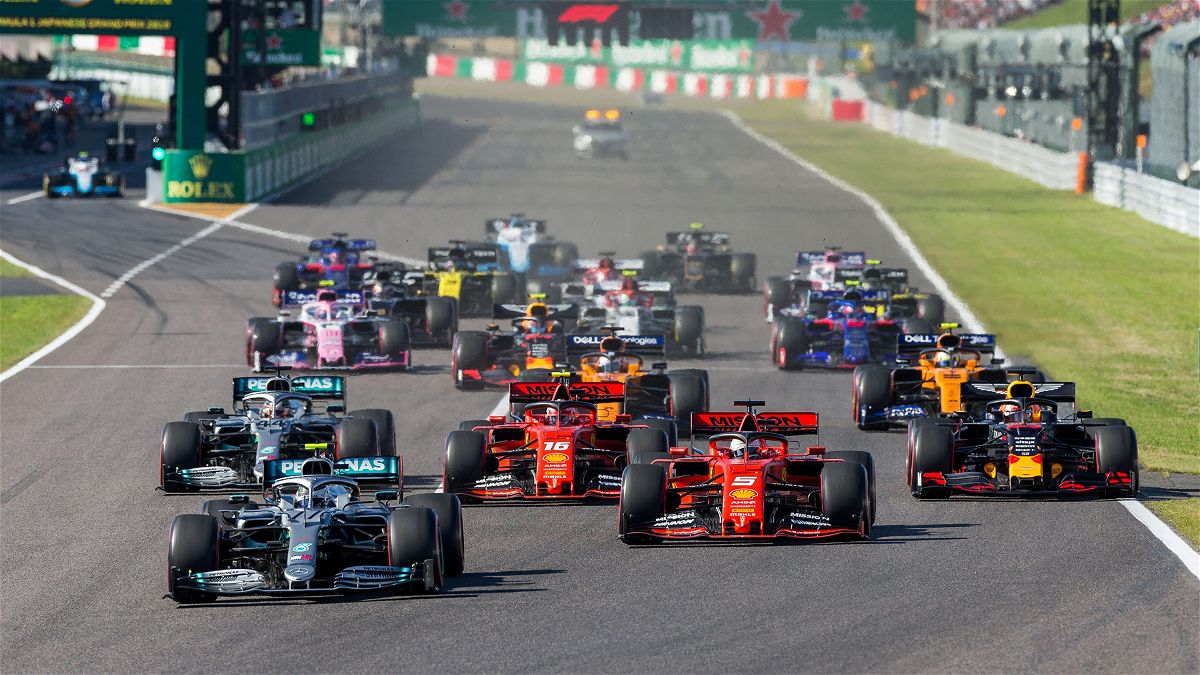
Won’t a player feel disheartened? Why try to become a top player at all? Why become a 2600? What is the use? Only if that player is staying in an influential country and has a rating of 2750 he is given invitations to top level events. So where will the motivation come from, if such outlandish scenarios have to be fulfilled?This is why I suggest the following method of selection of players. A minimum of 1 player and a maximum of 8 players should be selected from each country – less than 1 or more than 8 is injustice. This way select 256 players for each GP.
There can be a restriction on the number of events a player can enter. Instead of taking results of one year, since World Chess Championship happens on a two-year cycle, one can take results from 8 tournaments, 4 in each year of the cycle. Based on rating some are allowed to all 8 events, some are allowed to only 2, 4 and 6 events. This way one can give some weight to past achievements without giving it too much importance. Gaining and maintaining rating is also not easy – you have to fight to get there, and if you want to give respect to rating give it like this! Players with higher ratings should get greater chances to qualify.
Even if a lower rated player wins both the events he has taken part in, he can’t cry foul about lack of opportunities because he has failed to increase his rating in previous events. If he was stronger than his current rating, it should have reflected in his previous performances, and thus lead to a higher rating. So 2,4,6,8 – these many tournament slots can be given to a player based on the rating criteria. This way over 600 players will get a chance to participate in the qualification cycle. When so many players get a chance, chess becomes more democratic and truly open for all. It also becomes a true World Championship!
What’s the point of this current system? Same players playing here and there. Same dull Berlin and QGD. Making 30 move draws which have been analysed at home. Never taking risks. Small risks are taken in the endgame, but there it is almost impossible to win, so another draw is signed and the player goes happy. This current system needs to stop immediately.
TS: But won’t there be organisational difficulties?
BSS: What difficulties? Don’t All India Opens have 500-600 players playing at once? 256 players for 7-10 days seems easily manageable!
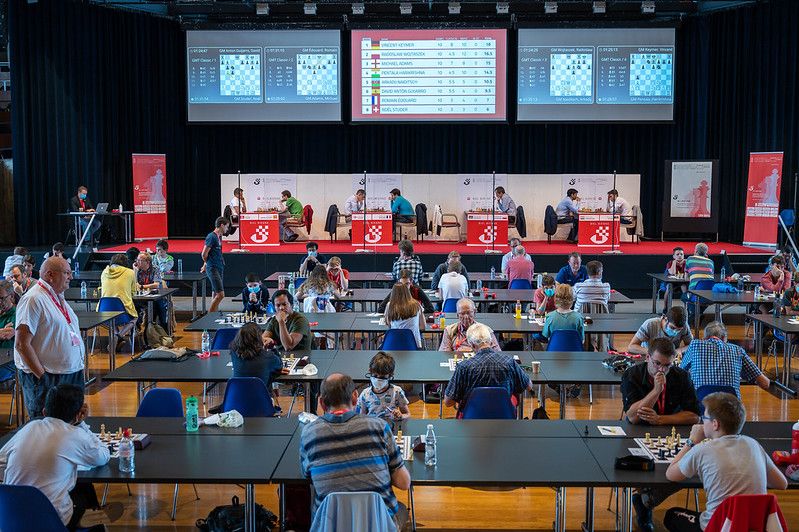
TS: Do you think we should give more importance to Chess 960, which consists of 959 different starting positions other than classical chess, just like snooker and pool were added to billiards? Hasn’t today’s chess become too theory oriented?
BSS: Yes, this change is required, because except a few small boys and girls no one else wants to remember 15 moves of theory for the starting stage of every game to be successful.Then there will not be much scope left for experimentation. Chess will lose its appeal as a brainstorming activity and will just become a memory exercise, with originality and creativity no longer possible. I think its time to introduce a few more chess 960 events. Classical chess will remain as it is, but just like in Billiards some variety will be added to the sport, and that is how we can maintain and increase the popularity of the game.
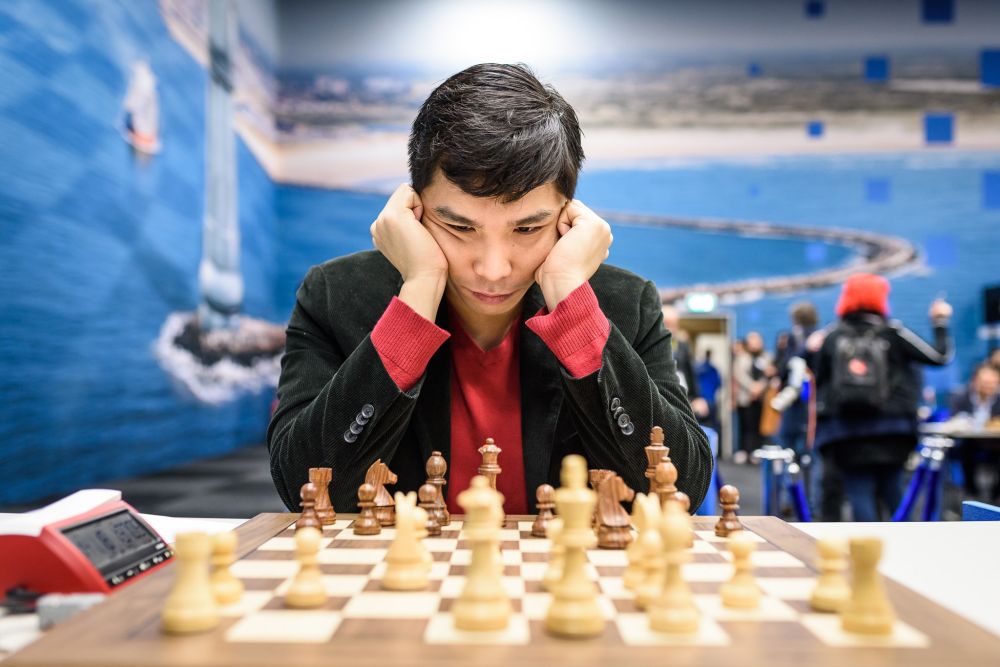
If this doesn’t happen chess will purely become a game of memory, and there will not be any fascination left. Chess is supposed to be a logical game where you can outplay your opponent and win.Due to the advent of super sharp machines and 80 lakh game databases, it is possible to know what you are doing for an average of first 15 moves, and then if the game gets over in 40 moves what’s the point in even playing such chess? Where is the originality, the creativity, the battle of minds? It just becomes a battle of preparation.
When more and more chess 960 events start springing up this will change. Chess will become 960 times more complex. Openings will not be as important as they are now. Maybe call chess 960 something else – why not Random Chess? This sounds correct to me, and it will create a mass appeal that will take the game further. Because a person has to start thinking from move 3 or 4 in random chess, the game will retain its originality, and anyone can go and play without having to memorise opening theory too much.
TS: You proposed chess 960 as a way to increase the popularity of the game. Are there any other such measures that we can take?
BSS: You can’t make chess too popular. Chess is an intellectual game, catering to people with a little extra IQ level. It can certainly be made a high end game sport popularity wise by proper broadcasting of tournaments in sports and news media. FIDE and AICF should try to broadcast all the important tournaments and matches in mainstream media, or atleast the highlights. This way the game’s reach can be broadened, and more and more people will start taking the game up.
Chess can influence life in a big way if it is introduced in schools on a larger scale. While Chess is already present in some schools as a subject, it can be introduced in as many schools as possible. Chess has the capability to increase logical thinking of small children – the future citizens of the world. There are also a lot of other advantages of learning chess. It has no physical barrier, can be played anywhere, and once you learn it, it becomes quite interesting to play. Most importantly, it can increase your intelligence without boring you! All major inventions were made based on logical thinking, so boosting this mental faculty will be beneficial for all of us. This will eventually lead to the human civilisation moving to the next level.






